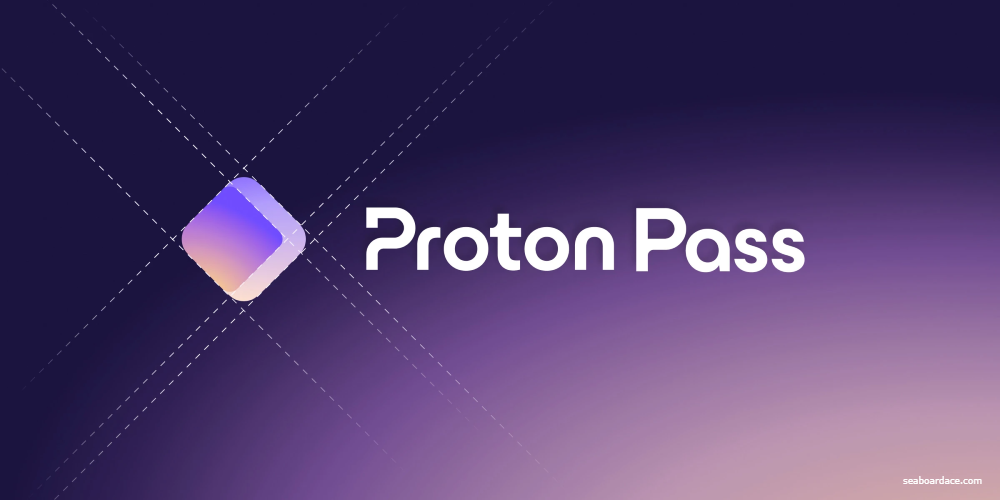Proton Unveils Proton Pass: The Ultimate Secure Password Manager
- 2023-06-28 09:00

Known for its secure email service, Proton Mail, Proton has made a significant stride in privacy-focused tools with the official introduction of its password manager, Proton Pass. This milestone follows the initial announcement of the product a few months ago and brings this innovative tool to all users.
Proton Pass distinguishes itself with its robust end-to-end encryption. All data saved in Proton Pass, whether it's passwords, email addresses, URLs, or personal notes, is fully encrypted. This guarantees an unparalleled level of security and privacy for all user data.
A noteworthy feature of Proton Pass is that even Proton cannot access your saved data due to the absence of your user key. This reaffirms a fundamental aspect of privacy protection - your data remains inaccessible even to the company providing the service.
To foster transparency and reinforce trust among its users, Proton plans to make Proton Pass open source. This will enable global security experts to scrutinize and validate their security model. Comprehensive security audits and detailed reports will further strengthen credibility.
In addition to the standard offering, Proton has a premium subscription for Proton Pass. The privileges include unlimited email aliases instead of the typical 10, a two-factor authentication feature, and soon-to-be-released shared vaults for safe password sharing with friends and family.
If you're already subscribed to either Unlimited or Family plans from Proton, you'll get these premium features included at no extra cost. For others looking to upgrade or new users, pricing for the premium version ranges between $2.99 to $4.99 per month based on subscription duration.
To summarize, with the introduction of Proton Pass, Proton reiterates its dedication to delivering secure digital solutions for users worldwide. The upcoming open-source initiative, coupled with comprehensive security audits, provides assurance in their product while pushing forward new norms in digital data privacy.





